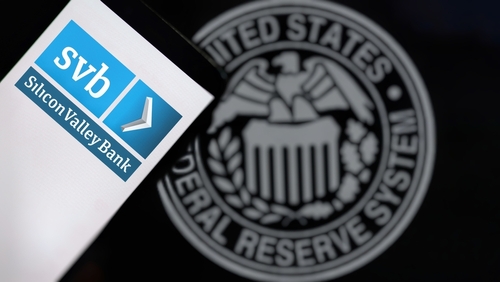A group of Democratic senators are urging the Federal Reserve to review its approach to big bank mergers following the collapse of several large banks this year – including Silicon Valley Bank, Signature Banks, Credit Suisse and First Republic.

Led by U.S. Sen. Sherrod Brown (D-OH), chairman of the Senate Banking, Housing and Urban Affairs Committee, the legislators sent a letter to Federal Reserve Chairman Jerome Powell and Vice Chair for Supervision Michael Barr, urging them to examine the agency’s framework for evaluating a bank merger’s impact on financial stability.
The senators said that the Fed must consider a merger’s risk to financial stability in a more rigorous and thoughtful way.
“We are concerned that the Federal Reserve has still not issued any rules or guidance indicating the types of bank mergers that would implicate financial stability concerns,” the senators wrote. “We hope that, following the failures of SVB, Signature Bank and First Republic Bank, and the acquisition of Credit Suisse by UBS, we will see real changes to the bank merger process to protect financial stability and ensure that we have a fair and competitive banking system that serves all communities. We cannot perpetuate a banking system that favors the largest, most complex institutions and puts consumers, smaller institutions, and our financial system at risk.”
Along with Brown, the letter was signed by U.S. Sens. Jack Reed (D-RI), Elizabeth Warren (D-MA), and John Fetterman (D-PA).
“We hope that, following the failures of SVB, Signature Bank and First Republic Bank, and the acquisition of Credit Suisse by UBS, we will see real changes to the bank merger process to protect financial stability and ensure that we have a fair and competitive banking system that serves all communities. We cannot perpetuate a banking system that favors the largest, most complex institutions and puts consumers, smaller institutions, and our financial system at risk,” they concluded in the letter.